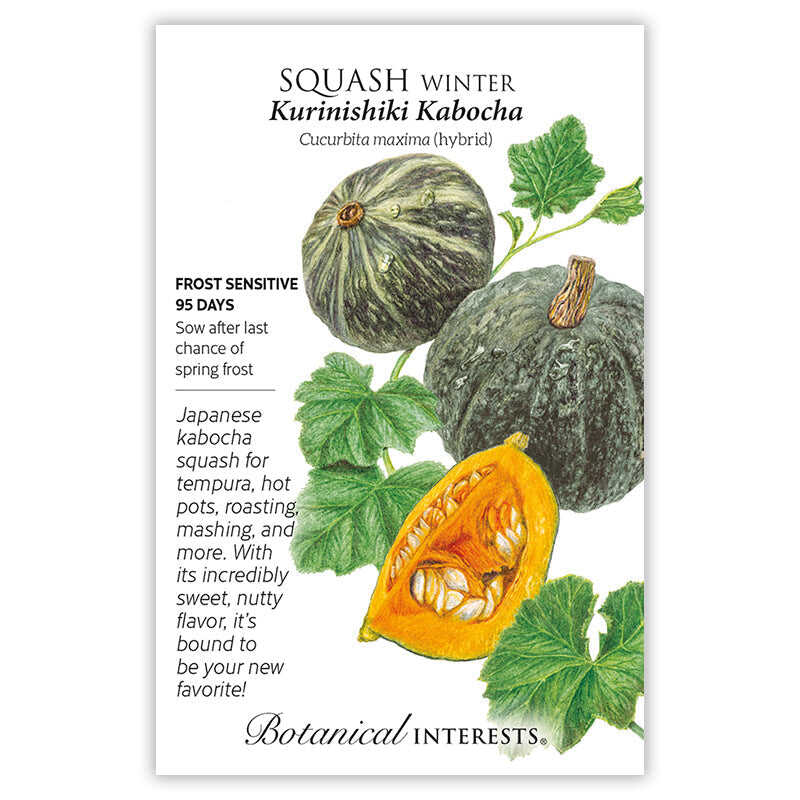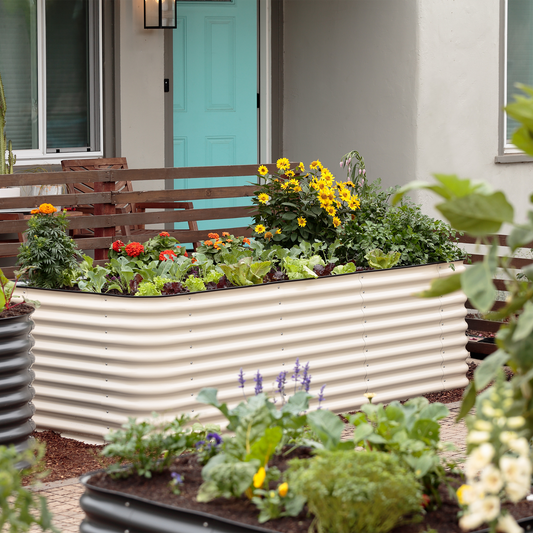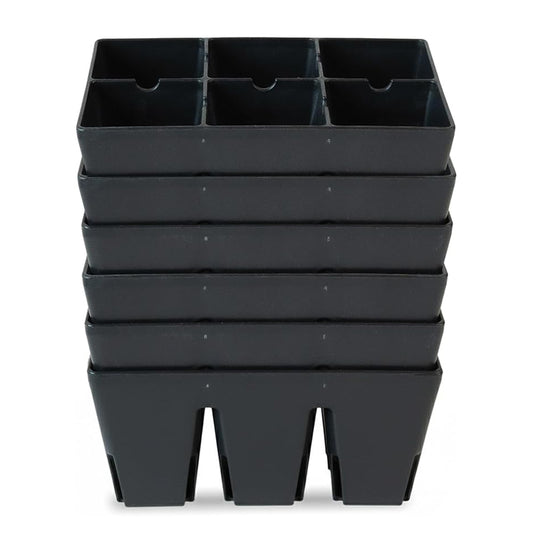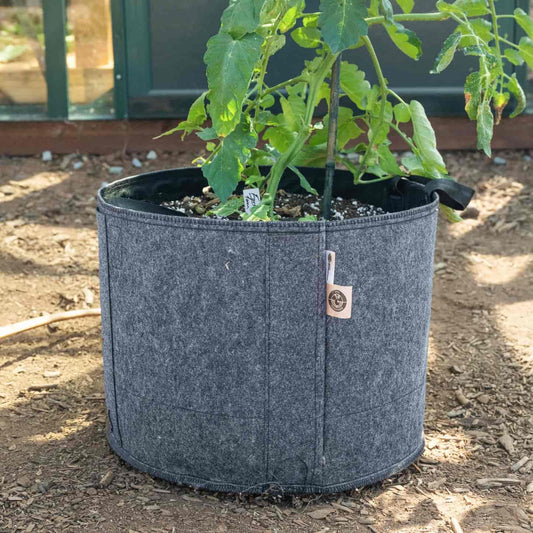


Your hardiness zone is
- Variety Info
- Sowing Info
- Growing Info
Variety Info
Days to Maturity: 95 days
Family: Cucurbitaceae
Type: Kabocha Squash, Winter Squash (Learn more)
Native: Argentina and Uruguay
Hardiness: Frost-sensitive annual
Exposure: Full sun
Plant Dimensions: 4'–12' vines
Variety Info: 3–4-pound, flattened globe-shape fruits are dark, greenish-gray with pale green striping. Flesh is yellow-orange, very sweet, and smooth when cooked.
Attributes: Frost Sensitive
Sowing Info
When to Sow Outside: RECOMMENDED. 1 to 2 weeks after your average last frost date, and when soil temperature is 70°–85°.
When to Start Inside: Not recommended except in very short growing seasons, 2 to 4 weeks before transplanting. Roots are sensitive to disturbance; sow in biodegradable pots that can be planted directly into the ground. Transplant when soil temperature is at least 60°F.
Days to Emerge: 5–10 days
Seed Depth: ½–1"
Seed Spacing: 2–3 seeds per mound
Row Spacing: 4'–12' apart
Thinning: When 3" leaves, thin to 1–2 per mound
Growing Info
Harvesting: Harvest when the squash's rind is hard enough that you can't dent it with your fingernail and before first frost. Cut stem, (don't break it off) leaving 2" of stem attached, which keeps the squash whole, leaving no opening for infection. Though fruits are hard and may seem indestructible, treat them gently; bruising can spoil squash.














